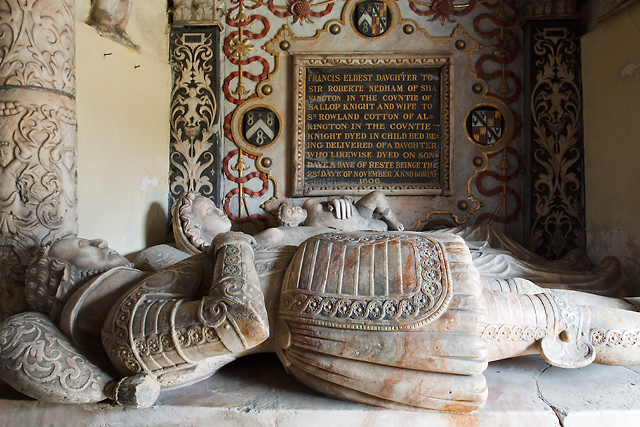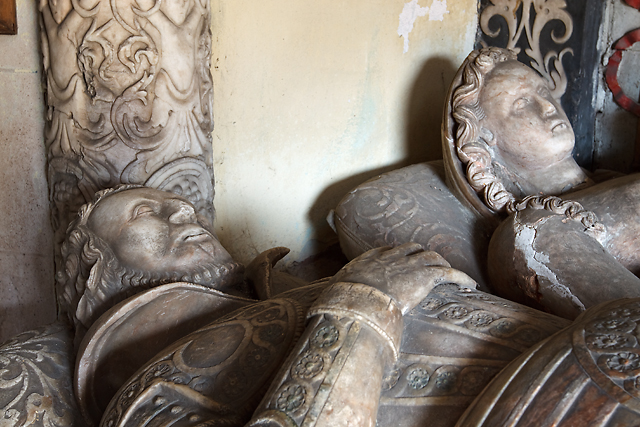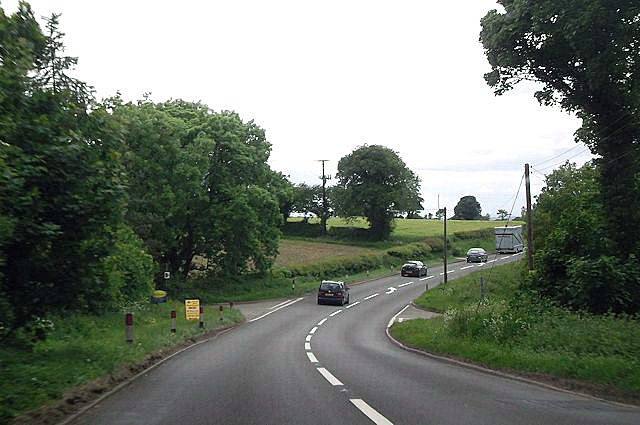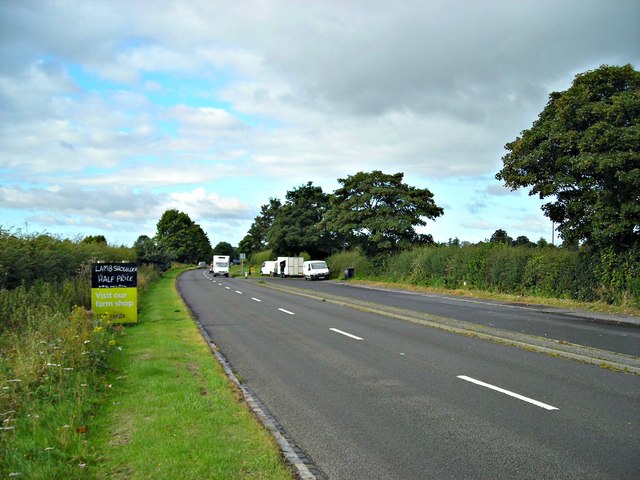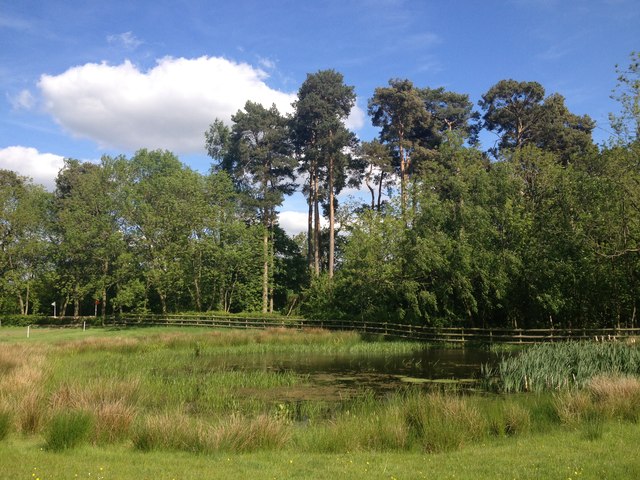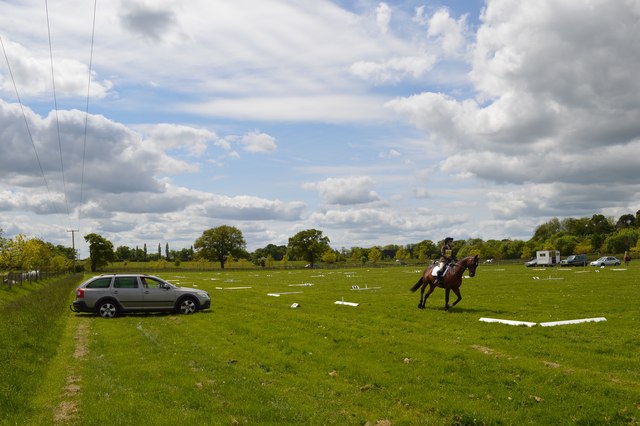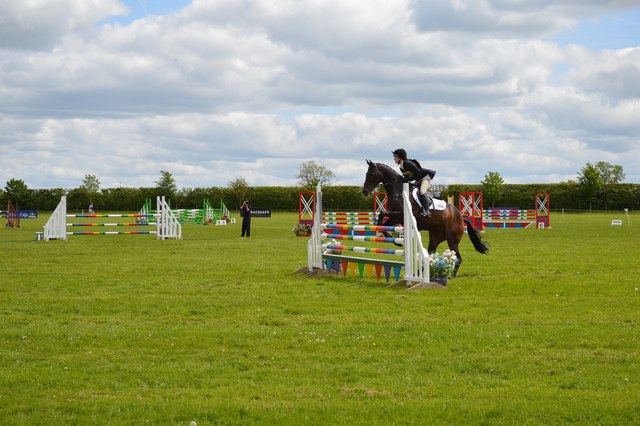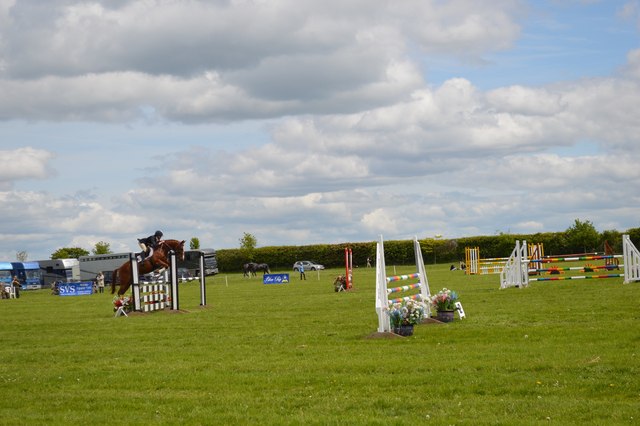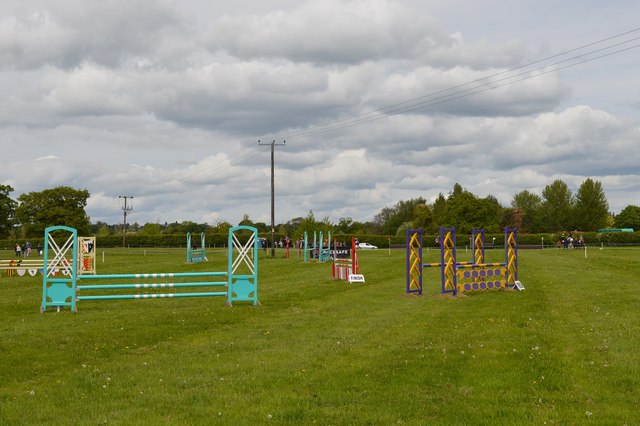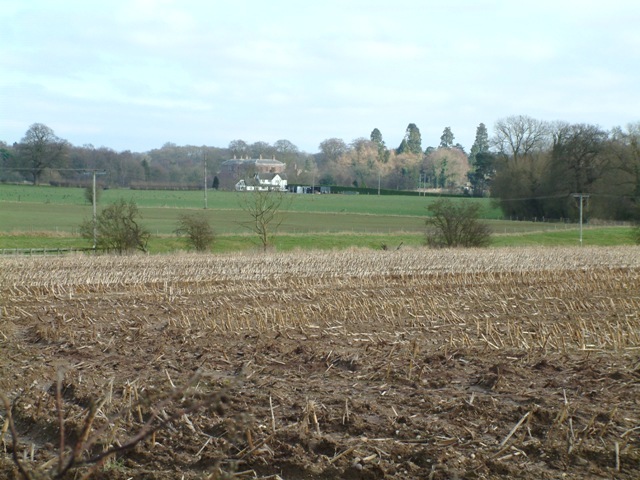Oakley
Settlement in Staffordshire Newcastle-under-Lyme
England
Oakley
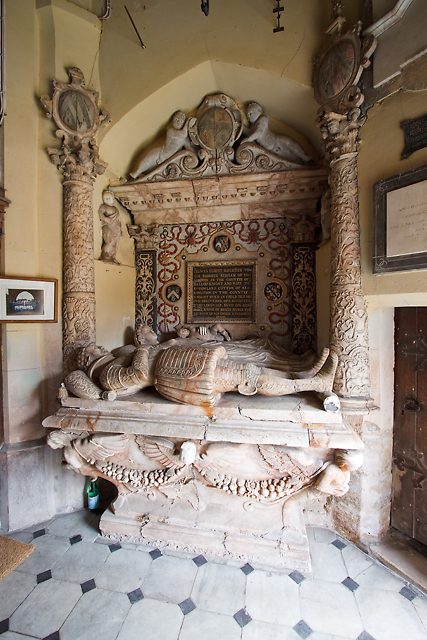
Oakley is a charming village located in the county of Staffordshire, England. Situated about 4 miles north of the town of Uttoxeter, Oakley is nestled amidst the picturesque countryside of the East Staffordshire district.
The village has a rich history dating back centuries, with evidence of human activity in the area since the Neolithic period. Oakley is known for its beautiful architecture, with many historic buildings still standing today. The centerpiece of the village is the St. Mary's Church, a Grade II listed building that dates back to the 13th century. Its stunning medieval architecture attracts visitors from near and far.
Despite its small size, Oakley offers a range of amenities for its residents and visitors. The village is home to a well-regarded primary school, providing education to the local children. There are also several quaint pubs and local shops, where residents can socialize and purchase everyday essentials.
The surrounding countryside provides ample opportunities for outdoor activities. Oakley is surrounded by rolling hills, scenic walking trails, and peaceful green spaces, making it an ideal location for nature lovers and outdoor enthusiasts. The nearby River Dove offers fishing and boating opportunities, adding to the recreational options available in the area.
Transportation in Oakley is facilitated by the A50 road, which passes close to the village, connecting it to nearby towns and cities. The village also benefits from regular bus services, providing convenient links to the wider region.
Overall, Oakley is a delightful village that combines a rich historical heritage with a peaceful rural setting, making it an attractive place to live or visit in Staffordshire.
If you have any feedback on the listing, please let us know in the comments section below.
Oakley Images
Images are sourced within 2km of 52.927563/-2.4457041 or Grid Reference SJ7036. Thanks to Geograph Open Source API. All images are credited.

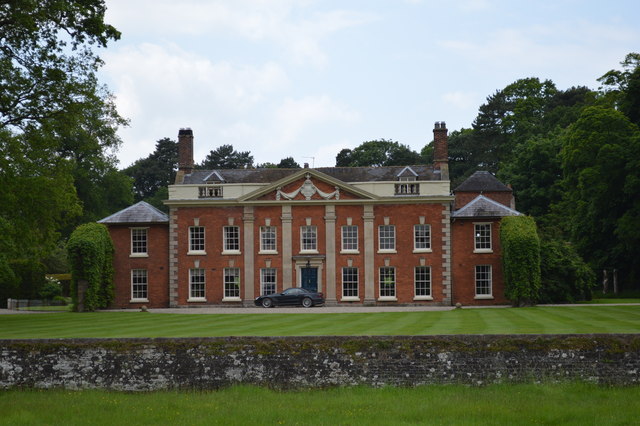
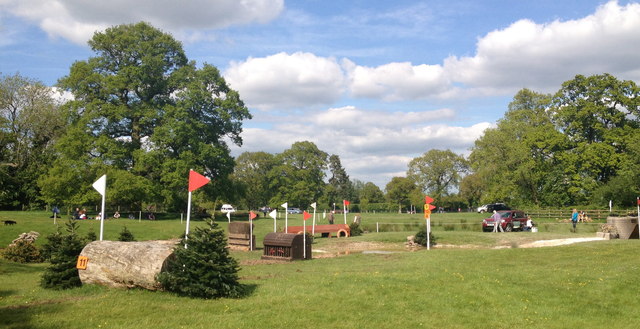
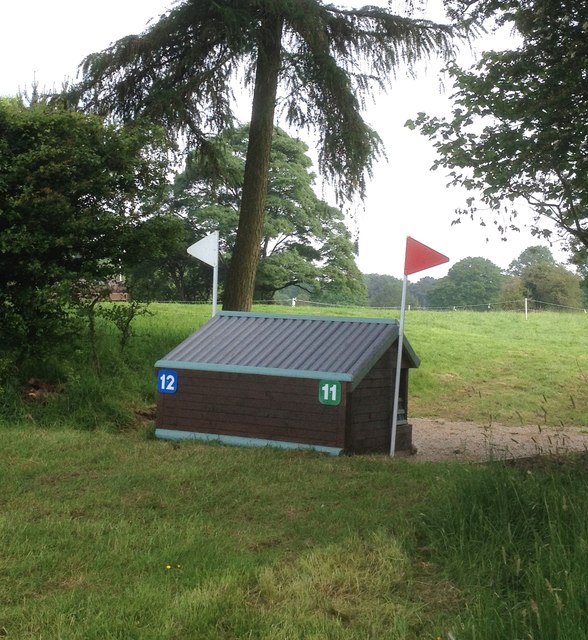
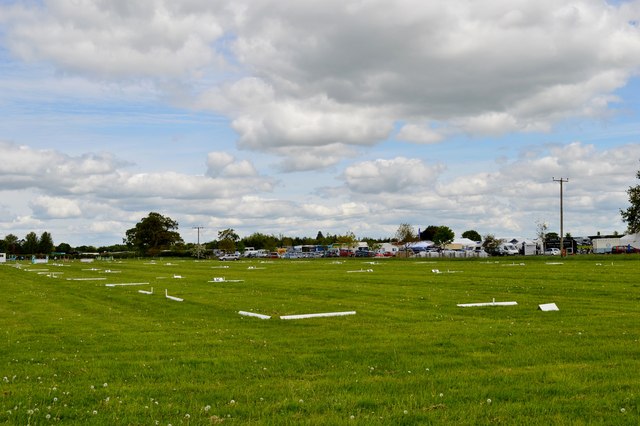
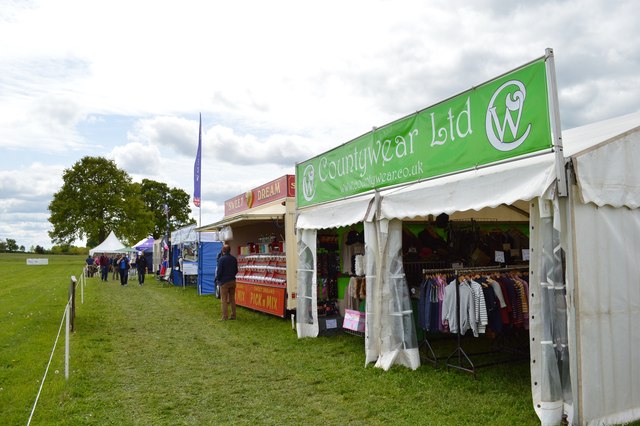
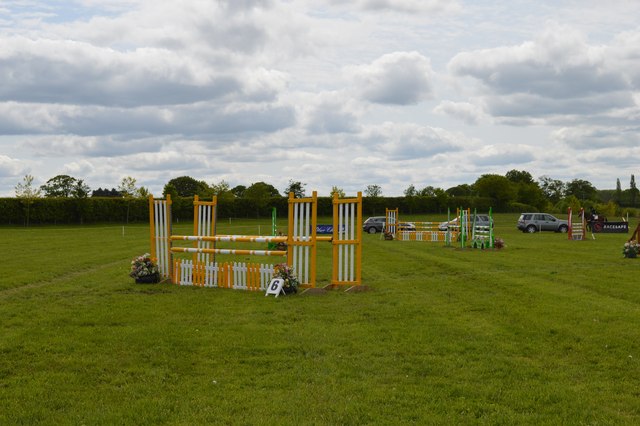
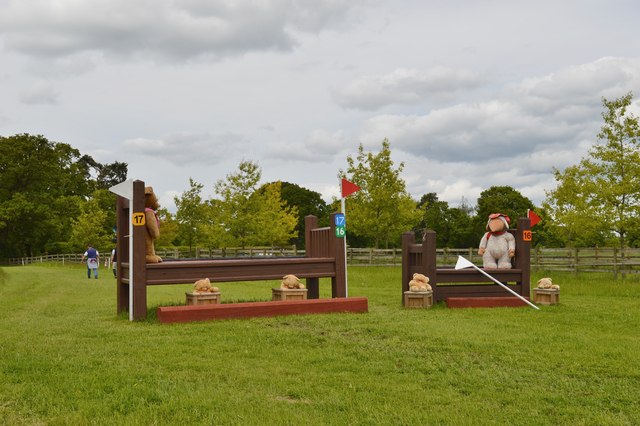
Oakley is located at Grid Ref: SJ7036 (Lat: 52.927563, Lng: -2.4457041)
Administrative County: Staffordshire
District: Newcastle-under-Lyme
Police Authority: Staffordshire
What 3 Words
///spud.boards.guardian. Near Market Drayton, Shropshire
Nearby Locations
Related Wikis
Oakley Hall, Staffordshire
Oakley Hall is an early 18th century 14,929 sf mansion house at Mucklestone, Staffordshire near to the Shropshire town of Market Drayton. It is a Grade...
Oakley, Staffordshire
Oakley is a hamlet in Staffordshire, England. It is within Mucklestone ward of Loggerheads Parish. Oakley Hall, a former seat of the Chetwode family, is...
Betton, Shropshire
Betton is a hamlet in the civil parish of Norton in Hales, in the Shropshire district, in the county of Shropshire, England.
Norton in Hales
Norton in Hales is a village and civil parish in Shropshire, England. It lies on the A53 between the town of Market Drayton and Woore, Shropshire's most...
Nearby Amenities
Located within 500m of 52.927563,-2.4457041Have you been to Oakley?
Leave your review of Oakley below (or comments, questions and feedback).
